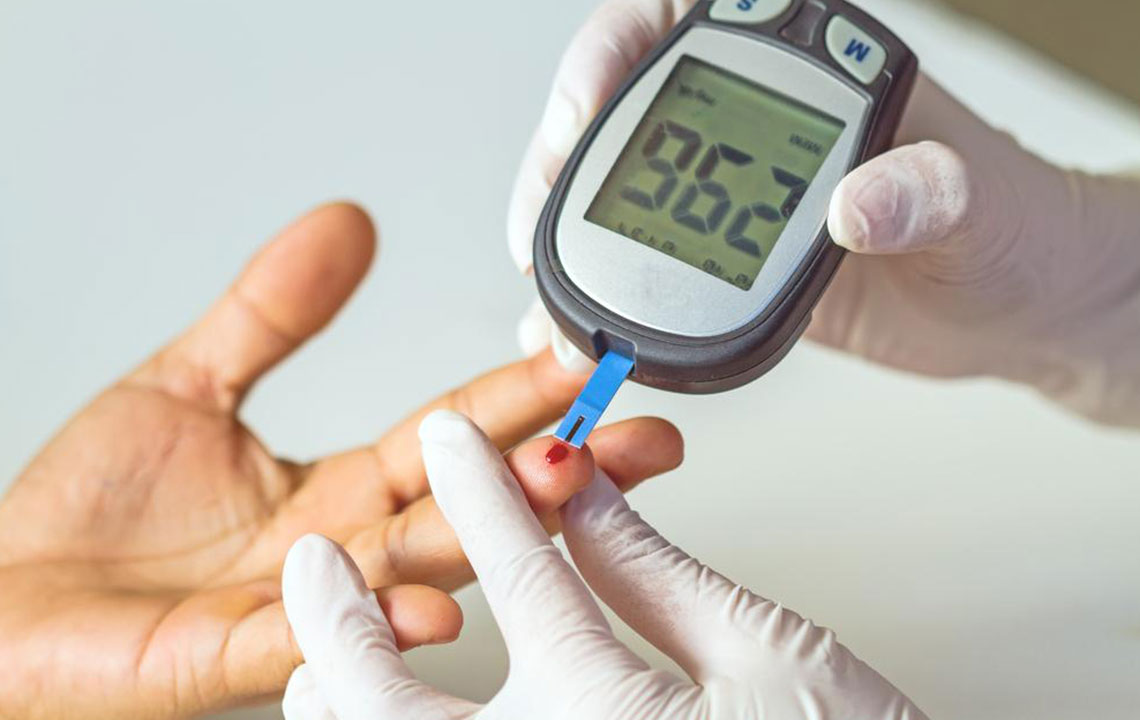Effective Nutrition Strategies for Managing Diabetes
Discover comprehensive dietary strategies to effectively manage diabetes, including popular diets like DASH, Mediterranean, Paleo, gluten-free, vegan, and vegetarian options. Proper nutrition combined with regular exercise and medical guidance can significantly improve health outcomes and reduce associated risks such as heart disease and depression.

Diabetes, also known as diabetes mellitus, is a metabolic condition impacting insulin production or utilization. When insulin function is compromised, it disrupts carbohydrate metabolism, leading to elevated blood glucose levels.
Key facts about diabetes
• Diabetes causes persistent high blood sugar.
• Type 1 diabetes occurs when the body cannot produce insulin, accounting for about 10% of cases.
• Type 2 diabetes involves inadequate insulin production relative to the body's needs.
A significant proportion of diabetic individuals have Type 2.
• Symptoms include frequent urination, excessive thirst, hunger, weight fluctuations, fatigue, slow-healing cuts, numbness, and male sexual health issues.
• Managing Type 1 diabetes requires healthy eating, regular physical activity, and timely insulin intake.
• Those with Type 2 diabetes should focus on maintaining active lifestyles, balanced diets, and regular blood sugar monitoring. Often, medication or insulin therapy is necessary for control.
• Given the elevated cardiovascular risks in diabetics, monitoring cholesterol and blood pressure is vital.
• Quit smoking immediately if you are diabetic, as it worsens health outcomes.
Optimal diets for diabetes management
People with diabetes face twice the risk of heart disease and higher chances of mental health conditions such as depression. Many Type 2 cases can be prevented and even reversed through proper diet and lifestyle. Focus on lean proteins, high-fiber foods, fruits, vegetables, low-fat dairy, and healthy fats like olive oil. Limit carbohydrate intake, emphasizing complex carbs.
Foods to limit or avoid
Reduce consumption of processed grains like white pasta and rice, sweetened fruits, full-fat dairy, foods with trans fats, refined flour products, and high glycemic load foods which spike blood sugar and cholesterol.
The DASH Diet
This plan, initially designed to prevent hypertension, also benefits diabetics. It includes lean proteins such as fish and poultry, plant-based foods, low-fat dairy, whole grains, and healthy oils. It limits sugary drinks, sweets, and red meat.
The Mediterranean Diet
Inspired by traditional Mediterranean cuisine, this diet is rich in oleic acid, promoting blood sugar control and weight management. It features poultry, fatty fish like salmon, plant foods, nuts, and olive oil. Red meat is occasional, and moderate wine consumption may be beneficial.
The Paleo Diet
Based on foods available to our ancestors, it focuses on fruits, vegetables, lean meats, fish, nuts, and seeds while excluding processed foods, grains, and dairy.
The Gluten-Free Diet
People with celiac disease must avoid gluten-containing grains like wheat, rye, and barley. Remember, gluten-free doesn't automatically mean low carb.
Vegan and Vegetarian Diets
Vegetarians avoid meat but consume dairy and eggs, while vegans exclude all animal products. Suitable options for diabetics include beans, soy, leafy greens, nuts, legumes, fruits, and whole grains. Combining diet with regular exercise helps effectively manage blood glucose levels. Adhering to physician advice and medication is essential for optimal health.










